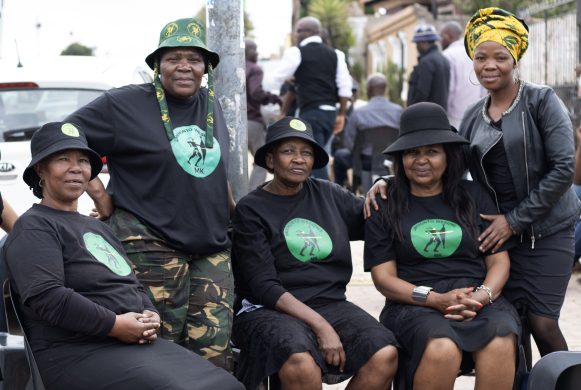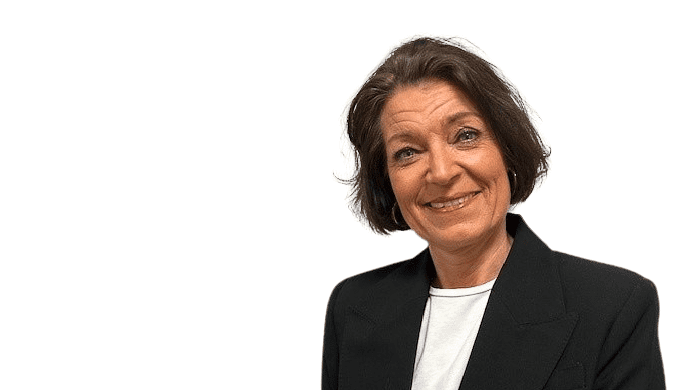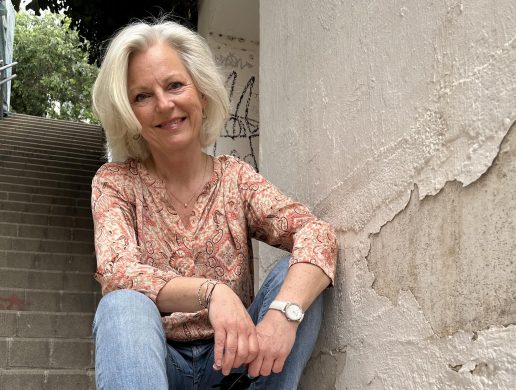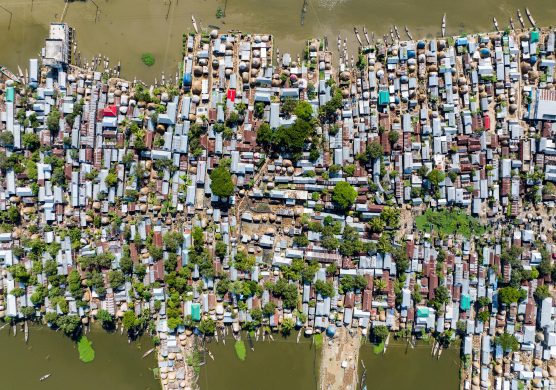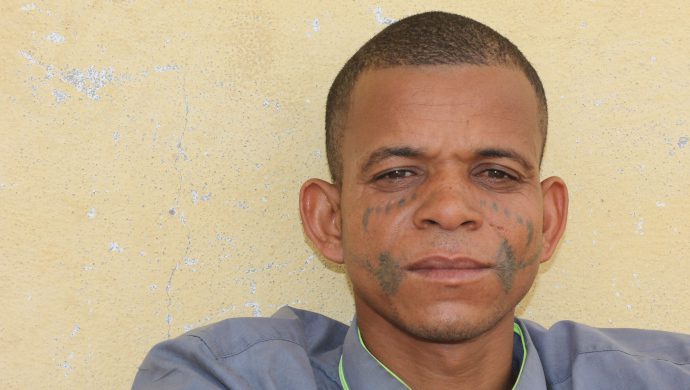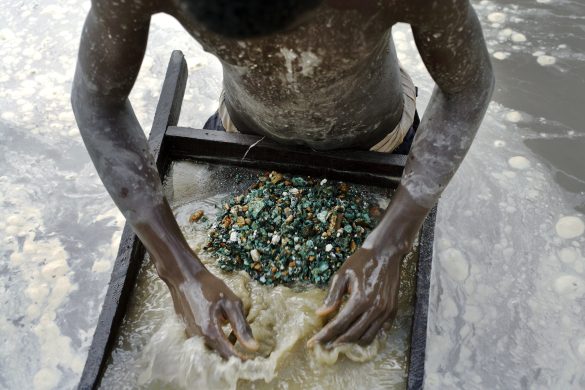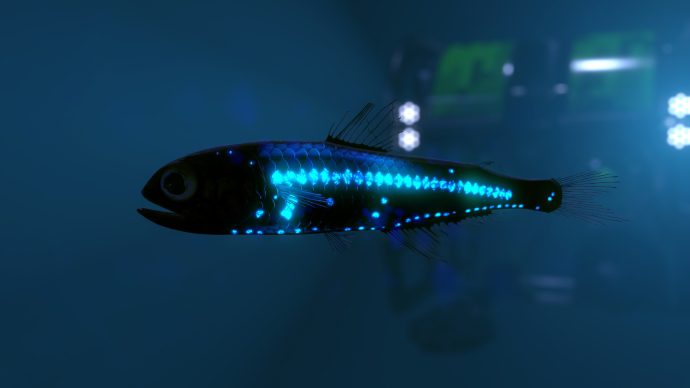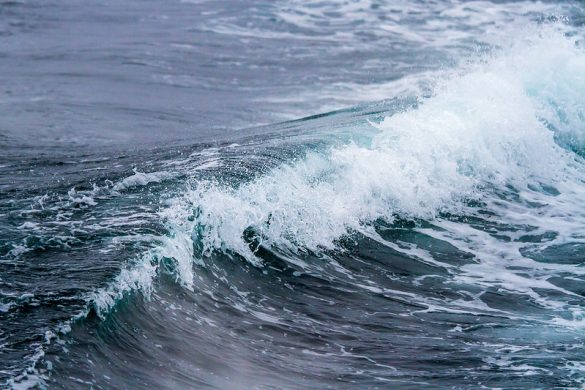Amerikas kornkamre har reddet millioner af liv verden over, siden “Food for Peace”-programmet kom i 1954, men reglen om, at næsten al mad skal indkøbes i USA og fragtes på amerikanske skibe vækker stigende kritik – og hård strid.
The Director of USAID (Amerikas Danida), Rajiv Shah, says four million more people could be fed every year if he had more flexibility about where he bought food, writes BBC online Monday.
President Barack Obama’s 2013 budget proposed to change the law so that 45 per cent of food for aid could be bought outside the US, or the hungry could be given cash (kontanter) instead.
But opposition is proving hard to overcome. Instead Congress appears set on voting for a decrease in the aid budget, as foreign aid programmes are increasingly unpopular at a time of budget austerity at home.
If the reform fails, then the US would be the only major donor still delivering aid in this way.
Other countries prefer to give cash or vouchers (madbeviser). Innovative schemes are bringing the most advanced technology to cope with the needs of hungry people.
Vulnerable people are given plastic cards like credit cards, which they can use at a time of need.
Ezekiel Lentorer, from the NGO, Care, said this means they can remain where they are for longer at times of drought, not losing their animals or livelihoods.
He said: “I prefer cash every time, much better than food aid…With food aid, you give me maize only, at the end of the day I have no salt, no oil. And [with cash] all of the aid gets to the recipient, rather than being lost on the way.”
The World Food Programme (WFP) is pioneering a scheme to improve crops and the marketing skills of farmers, encouraging them to form co-operatives to give them more bargaining power.
The WFP guarantees to buy some of the produce to give to hungry people elsewhere, so the programme has a double benefit.
Man kan lytte online til David Loyn’s rapport “Feeding The World: America’s New Deal” på http://www.bbc.co.uk/programmes/b037s8mk




